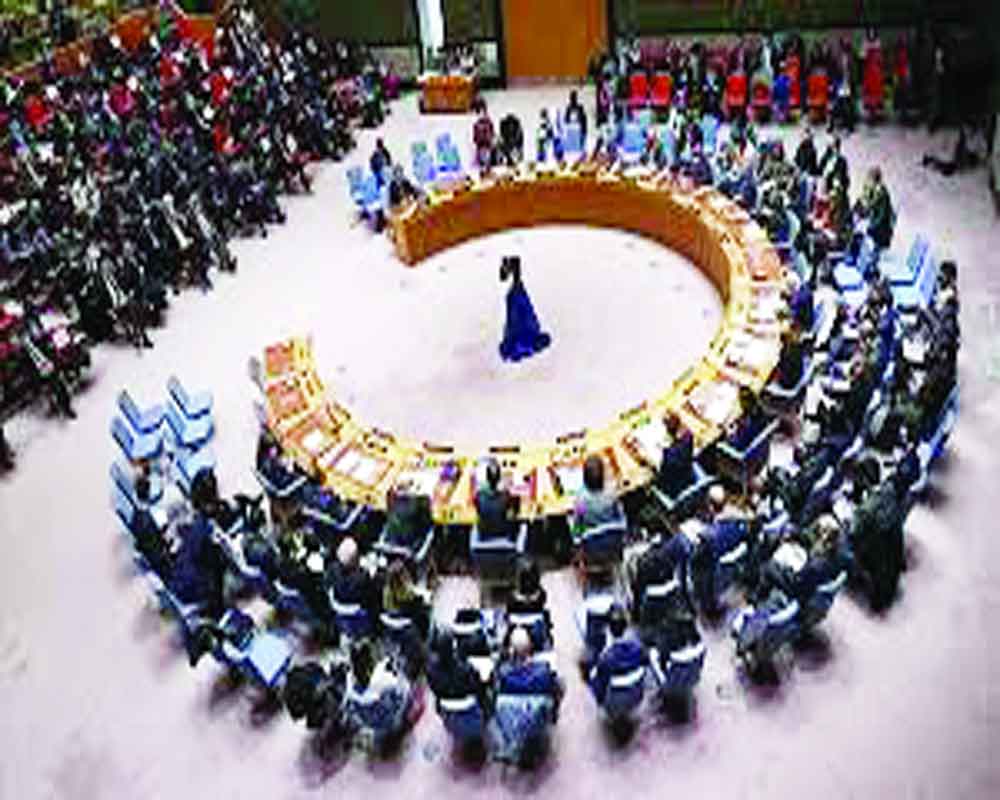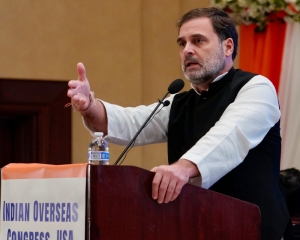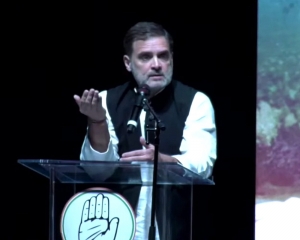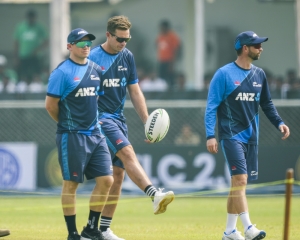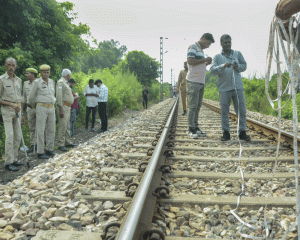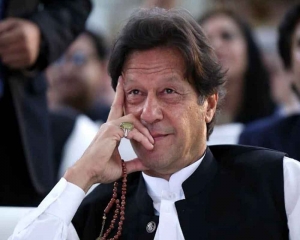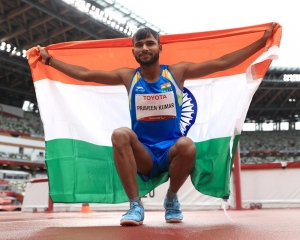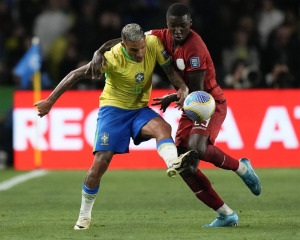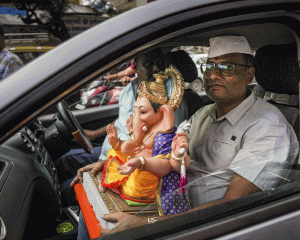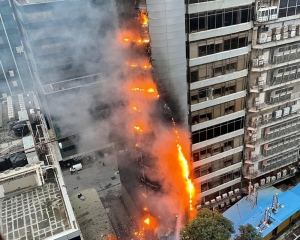The United Nations faces unprecedented challenges that threaten its relevance in the modern world writes Nand Kishor and Amal Chandra
The United Nations (UN), a symbol of global cooperation since its founding in 1945, now finds itself at a pivotal moment. Established to promote international peace, security, and development, the organization faces growing pressure to reform in response to the ever-changing global landscape. However, despite widespread recognition of the need for restructuring, numerous obstacles hinder the reform process. Political, institutional, financial, legal, and socio-cultural barriers make consensus among member states difficult to achieve, thus stalling efforts to enhance the UN’s relevance and effectiveness. Three critical areas demand attention—representation, effectiveness, and operational efficiency. Without addressing these, meaningful reform remains elusive.
One of the most significant barriers to UN reform is the veto power held by the five permanent members (P5) of the Security Council: China, France, Russia, the United Kingdom, and the United States. This power enables any of these nations to block resolutions, including those aimed at restructuring the UN. The P5’s vested interest in maintaining their influential status has led to repeated failures to expand the Security Council to include new permanent members, such as India, which is the world’s largest democracy.
India’s exclusion from permanent membership, despite its growing global influence, highlights a major flaw in the UN’s current structure. Similarly, other responsible powers, such as Japan and Germany, have long called for permanent seats on the Council. The reluctance of the P5 to share their privileged status stifles efforts to make the UN more representative of today’s geopolitical realities.
Another complicating factor is the principle of state sovereignty enshrined in the UN Charter. Many member states, particularly smaller or less powerful nations, are wary of reforms that they perceive as infringing on their sovereignty. These states fear that in a restructured UN, their voices might be drowned out by larger, more powerful countries. This divergence in priorities complicates efforts to build the broad consensus necessary for substantial reform. While some states advocate for a more democratic and inclusive Security Council, others focus on regional issues or specific conflicts, making agreement difficult.
The UN’s effectiveness in addressing global challenges has been called into question, further complicating the reform debate. Public opinion and trust in the organization are crucial to its ability to implement meaningful changes. However, repeated failures to effectively address major crises, such as those in Afghanistan and Palestine, have eroded public confidence in the UN’s capacity to respond to contemporary challenges.
UN peacekeeping missions, a cornerstone of the organization’s efforts to maintain global peace, have also come under fire. Critics argue that these missions have often failed to prevent conflicts or protect civilians adequately. To enhance the effectiveness of peacekeeping operations, reforms must focus on improving the mandates, training, and resources available to peacekeepers. Additionally, addressing allegations of misconduct, including sexual abuse and exploitation by peacekeepers, is essential to restoring the organization’s credibility and ensuring accountability.
These limitations highlight the urgent need for innovation and reform within the UN. Building and maintaining public trust is essential to securing the political and financial support necessary for any restructuring efforts.
Efforts to improve the UN’s operational efficiency, such as those initiated by former Secretary-General Kofi Annan, have demonstrated the institutional challenges of reform. While some administrative changes have been implemented, resistance from within the organization and differing priorities among member states have limited the scope of these reforms.
The UN’s extensive bureaucracy presents a major obstacle to meaningful change. Established procedures and norms are deeply ingrained, making it difficult to implement significant reforms. Bureaucratic inertia often leads to resistance from within the organization, as staff and officials may be reluctant to change familiar processes and structures. Moreover, the UN’s broad mandate, which covers peace and security, development, and human rights, adds complexity to any reform effort. This wide scope can lead to overlapping functions and responsibilities among different UN bodies, resulting in inefficiencies.
Reforming the UN also involves navigating a complex web of international law. Any proposed changes must comply with existing legal frameworks and secure broad international support. This legal complexity adds another layer of difficulty, as reforms must be not only politically acceptable but also legally sound.While the need for reform is widely acknowledged, the path to achieving it remains fraught with challenges. Political dynamics, institutional inertia, financial limitations, and legal hurdles all contribute to the slow pace of change.
(Dr Kishor is the HoD of Politics and International Studies, at Pondicherry University and Chandra is an author, political analyst and columnist. Views expressed are personal)






